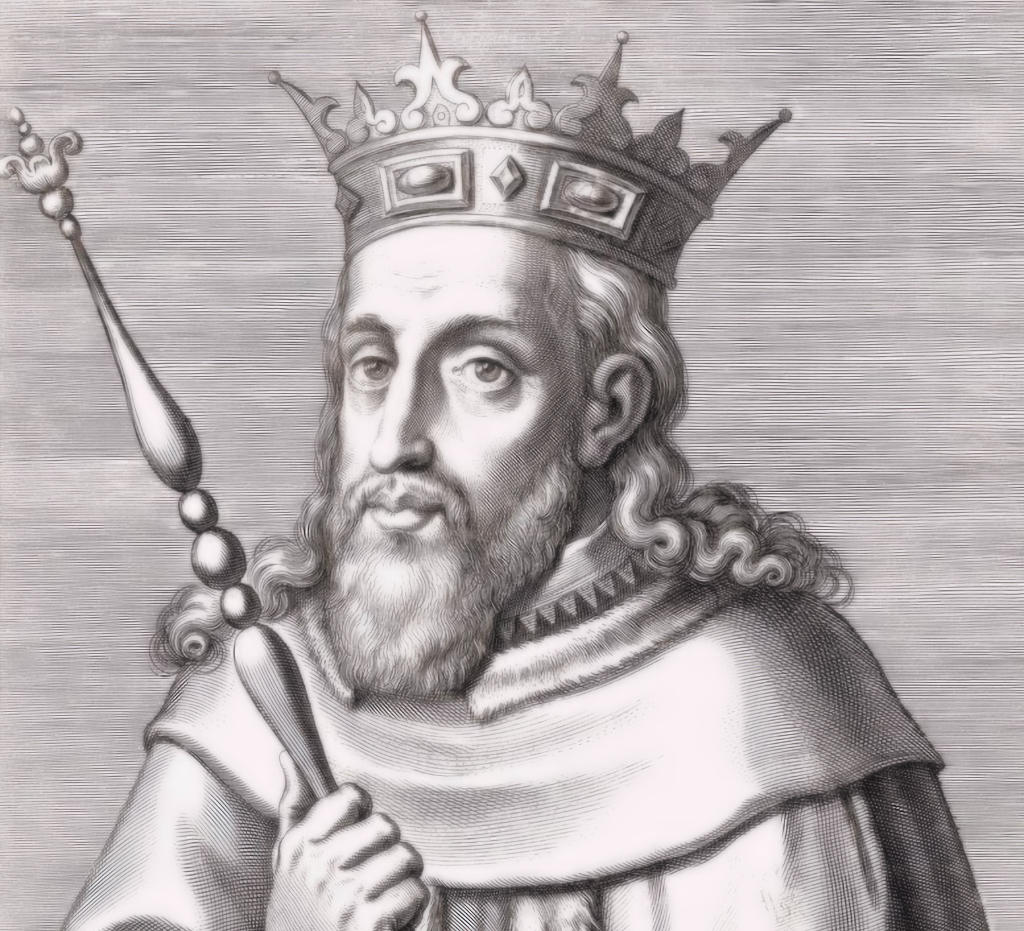Sancho was the eldest son of Afonso II of Portugal and Urraca of Castile. He inherited a kingdom in the midst of a challenging diplomatic conflict with the Catholic Church, stemming from his father's attempts to curtail the Church's authority within the country.
Upon assuming power, Sancho II faced the arduous task of balancing his military campaigns for the Reconquista, the reconquest of the southern Iberian Peninsula from the Moors, with internal administrative challenges. Despite his prowess as a military commander, his attention to administrative matters fell short. While he successfully captured several cities in the Algarve and Alentejo regions, consolidating Portuguese control, his focus on military affairs allowed discontent to simmer within the nobility and middle-class merchants.
Sancho II's disregard for resolving internal disputes proved detrimental to his reign. The nobility grew increasingly dissatisfied with the king's conduct, leading to conspiracies against him. Simultaneously, tensions between the middle class and the clergy intensified, with no intervention from the king. Recognizing the precarious situation, the bishop of Porto formally lodged a complaint with
In 1246, rebellious nobles invited Sancho's brother, Afonso, Count of Boulogne, to claim the throne. Afonso promptly abdicated his French possessions and launched an invasion of Portugal. A civil war ensued from late 1245 to mid-1247, further complicated by Castilian intervention led by Prince Alfonso. As Alfonso withdrew his forces to support his father in the siege of Seville, Sancho sought refuge in exile in Toledo, Spain. It was in this city that Sancho II passed away on January 4, 1248, finding his final resting place in Toledo's cathedral.
Married around 1240, Sancho II wed Mécia Lopes de Haro, a Castilian lady who was the widow of Alvaro Peres de Castro. Mécia was the daughter of Lope Díaz II de Haro and Urraca Alfonso de León, an illegitimate daughter of Alfonso IX of León. However, the marriage did not produce any legitimate sons to succeed the throne.
Despite the complexities and challenges of his reign, King Sancho II left a lasting impact on Portuguese history. His military achievements in the Reconquista bolstered the kingdom's territorial control, strengthening Portugal's position on the Iberian Peninsula. While his shortcomings in governance ultimately led to his downfall, the memory of Sancho II endures as a testament to the intricate dynamics of medieval politics and the delicate balance between military prowess and effective administration.



